An interview with Capcom's Jun Takeuchi
We talk Resident Evil 6, Lost Planet 2 and… the Olympics?
With that in mind, how would you describe the character design in Lost Planet 2? A fusion between Western and Eastern?
Yes, that’s absolutely the direction we were aiming for. I think our designers did a good job.
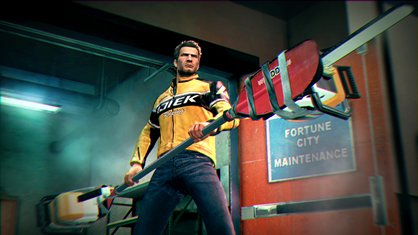
Dead Rising, a hugely successful game, was developed in Japan. Its sequel has been farmed out to a Canadian developer Blue Castle – being assisted by certain members of Capcom Japan, including Keiji Inafune. Can you explain a little of how this works? Are there any difficulties?
It’s a unique experience. We have the original game’s director and the planning team speaking with Blue Castle on almost a daily basis – this is very much an equal collaboration between the two teams. What we wanted to achieve was to meld Capcom’s DNA with a foreign studio, while at the same time taking advantage of their strong points as well.
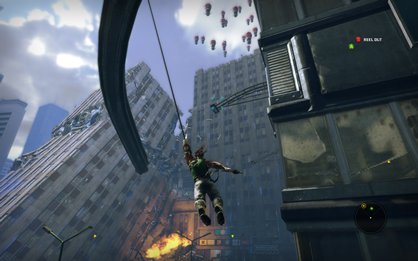
Your last collaboration was Bionic Commando,a bold and pioneering development project between Europe and Japan. Unfortunately the game didn’t score or sell very well, and you’ve since admitted that development collaborations sometimes haven’t gone smoothly because cultural differences tend to get in the way of harmony...
Unfortunately, that was an experience we learned several hard lessons from. Bionic Commando was slightly differentfrom Dead Rising 2; it was essentially commissioned and farmed out to Grin, with Ben Judd producing the game from Capcom Japan. As far as Dead Rising 2 is concerned, we have daily video conferences with Blue Castle, and studio visits every few weeks. The lines of communication on this project have been greatly expanded.
You admitted at DICE 09 that Japan is an island nation close to being homogenous. What’s it like having a Westerner like Ben Judd in your ranks? Does he have to work extra hard to impress or does the fact he’s American mean he’s a handy point of reference for Western culture?
Weekly digests, tales from the communities you love, and more
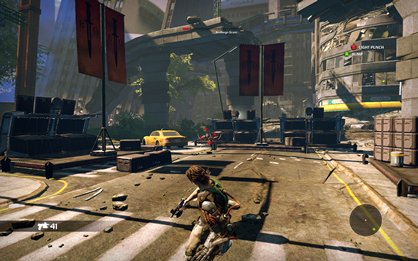
(Pauses for a moment and giggles with translator.) Sorry, we’re just thinking about Ben! We were laughing because he’s such an easy-going, typical American guy. Coming to Japan and learning the language, the different business practices, understanding our mentality – that takes a massive effort and is not to be under-estimated. Having said that, Capcom is a laid back company – the atmosphere in our Osaka base is totally differentfrom Tokyo. We’re probably the most comfortable Japanese games company for a Westerner like Ben to work for.
So what’s Ben up to at the moment then?
He’s busy reflecting upon himself and his mistakes! (More giggles.) Seriously though, Capcom’s culture is not simply to fire a person for their errors; Bionic Commando was a chance for Ben to grow, and hopefully he’ll have learned valuable lessons for a future project.
Are you following the bust-up between Modern Warfare devs Infinity Ward and their publisher Activision? What’s your take on the relationship between a publisher and a developer – can it often be fractious, or does this not happen as much in Japan since developers are usually integrated into a publisher?
I think larger companies have their own special responsibility in comparison to smaller studios. I’m unaware as to the exact cause of their argument, but falling-outs usually stem from both sides failing to understand or appreciate one another’s position. Maybe they simply need to communicate more.
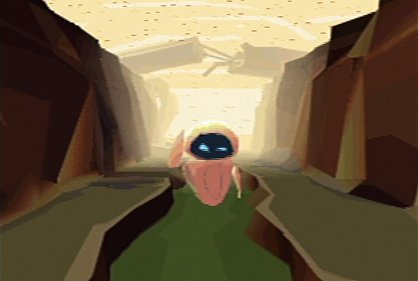
Are independent developers hired by publishers the way forward in Japan, as they seem to be in the West?
It’s an interesting point. Some famous Japanese creators went on to open up their own studios. However, I would like to use the analogy of a hospital to explain my stance. In a large hospital, a doctor might become famous and decide to open his own clinic. He’s going make an awful lot of money there, but perhaps the patients he’ll treat will only be limited. However, if he’d stayed in the hospital he may only have received an average salary, but he’d also have gotten to participate in a wide range of research, and treat a lot of different patients. You have to think long and hard about stuff like this if you’re going to make your own move.
If Lost Planet 2 becomes an enormous success and you’re suddenly given carte blanche to create your own dream project at Capcom, what would it be?
I’d rather take a very long holiday!
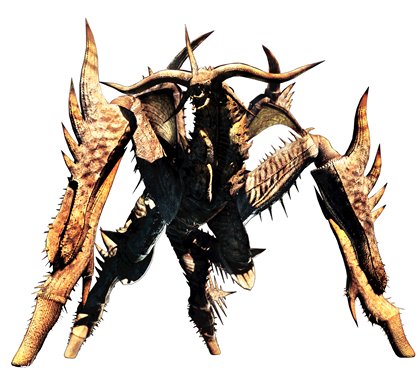
Good answer! But after that?
You know, I like being at Capcom and I especially love my team, so I’d engage in a deep discussion with them and – rather than impose my own ideas per se – I’d gather opinions from the floor...
You sound like a great boss. Okay, if you did get to go on your belated holiday, what one game would you bring to play?
(A very, very long pause.) Super Mario World on the SNES.
May 14, 2010


